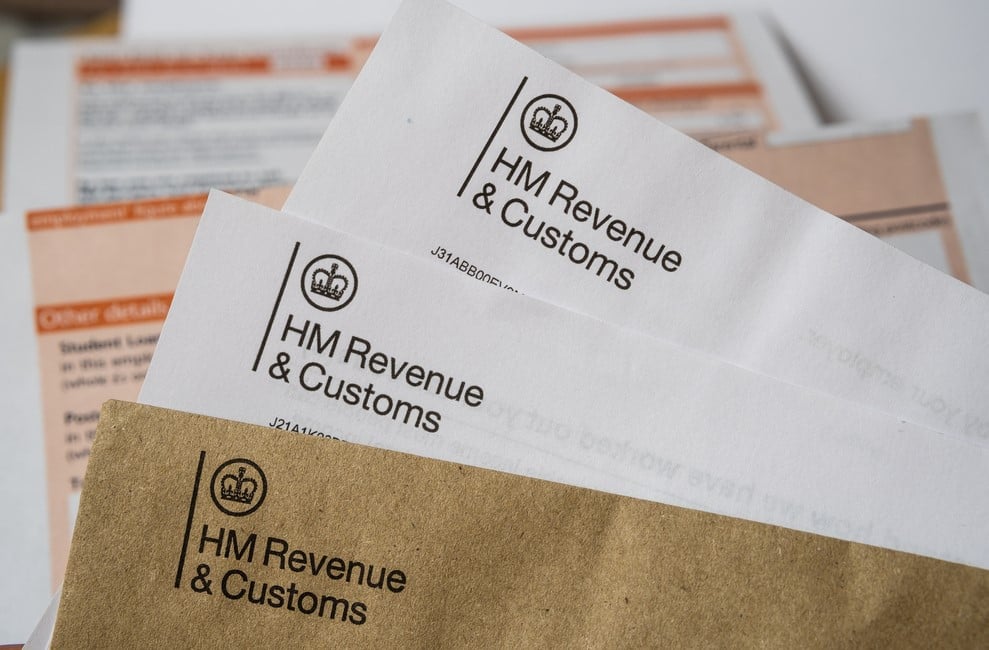Comprehending Your HMRC Nudge Letter: Essential Tips!
Getting a letter from HM Revenue and Customs can often propagate ripples of anxiety through anyone’s day. Usually, these communications come in several forms, but one type that may land in your mailbox is the dubbed “nudge letter.” Formulated to alert or urge taxpayers about their fiscal responsibilities, particularly pertaining to undeclared income, grasping your HMRC nudge letter is essential to ensure you’re fulfilling your tax obligations efficiently.
What specifically is an HMRC Nudge Letter?
A nudge letter from HMRC is essentially a preventive measure rather than an accusing one. These letters are part of HMRC’s plan to encourage taxpayers to willingly amend any discrepancies in their tax reports, especially focusing on overseas income that might not have been fully declared. Unlike formal audit letters, a nudge letter does not imply there is an ongoing investigation into your tax affairs. Instead, it functions as a tender nudge that HMRC has data suggesting there might be undeclared income.

Why Did You Receive One?
If you’ve discovered one letters in your post, it’s probably because HMRC has received data which possibly conflicts with the information you’ve sent, or indicates there may be extra income sources that need to be accounted for. Common triggers for dispatching a nudge letter include differences seen in the information shared by international tax authorities or financial institutions concerning overseas income.
Understanding the Message
The key content of a nudge letter typically includes a reminder about the importance of reporting all applicable revenues; a prompt that mistakes should be rectified; and sometimes, links to guides on the best way to handle reporting undisclosed income. It is vital to review the information noted about the suspected undisclosed income carefully and determine whether it relates to your circumstance.
Subsequent Measures: What Should You Execute?
After receiving a reminder letter, undertaking proactive steps is vital:
Examine your Tax Documents: Verify your previous submissions to ensure all income sources had been declared accurately. Pay special attention to any kind of overseas income.
Seek advice from a Tax Advisor: In case there’s any uncertainty about how to proceed or if amendments are, consulting with a tax professional can provide clearness and guidance.
Reply Promptly: Adhere to any kind of directions given in the letter regarding deadlines for reply. Participating collaboratively with the HMRC can often prevent further issues or inquiries.
Rectify Each Mistakes: If you detect flaws or neglected details, choose swift steps to fix it. This typically requires filing adjusted returns and working together fully with HMRC.
Avoidance is Preferred Than Solution
To steer clear of forthcoming HMRC prompt letters, keeping thorough and accurate records of every domestic and foreign income is wise. Repeatedly updating tax filings and assuring complete transparency can help bypass the stress associated with such checks from the tax authorities.
Handling tax affairs can often seem daunting, especially if it concerns complications such as foreign earnings. However, understanding why you got an tax authority nudge letter and understanding how to respond efficiently might not only assist in solving likely issues promptly but also reinforce your loyalty to careful fiscal adherence. Keep in mind, HMRC uses these letters to aid taxpayers in remaining compliant rather than fining them suddenly.
For details about HMRC letter browse our web portal
